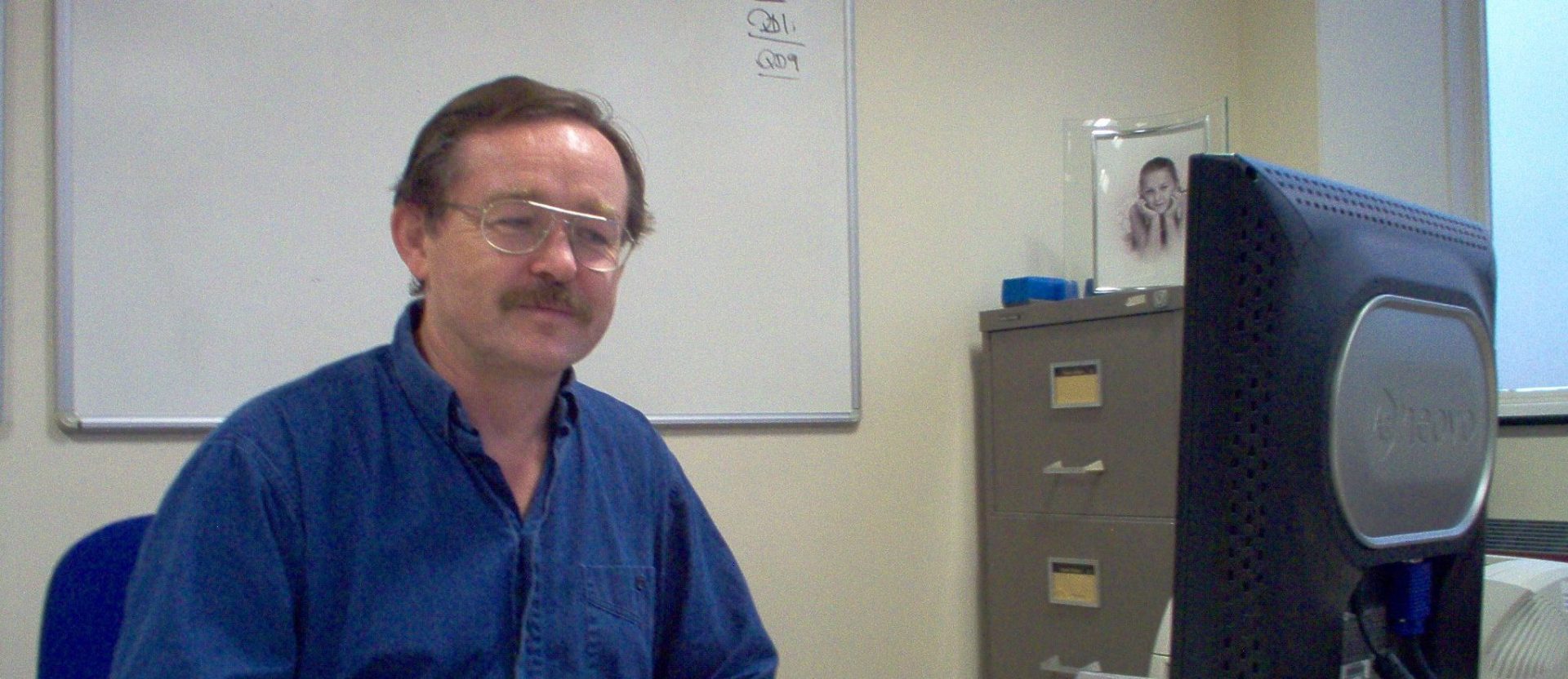Paul Strange
- Discoveries are rarely attributed to the right person. (Arnold’s Law).
- Nothing is ever discovered for the first time. (Michael Berry).
- Everything of importance has been said before by someone who did not discover it. (Whitehead’s Law).
- When a distinguished but elderly scientist states that something is possible, he is almost certainly right. When he states that something is impossible, he is very probably wrong. (Clark’s 1st Law).
- The limits of the possible can only be defined by going beyond them into the impossible. (Clark’s 2nd Law).
- No experiment is reproducible. (Wyszowski’s Law).
- If an experiment works, something has gone wrong. (Finagles 1st Law).
- No matter what the experiment’s result, there will always be someone eager to:
- misinterpret it,
- fake it, or
- believe it supports his own pet theory. (Finagle’s 2nd Law).
- In any collection of data, the figure most obviously correct, beyond all need of checking, is the mistake. (Finagle’s 3rd Law).
- Once a job is fouled up, anything done to improve it only makes it worse. (Finagle’s 4th Law).
- A few months in the laboratory can save a few hours in the library. (Westheimer’s Law).
- Whenever a system becomes completely defined, someone discovers something which either abolishes the system or expands it beyond recognition. (Brooke’s Law).
- An object in motion will be heading in the wrong direction. (Gerrold’s 1st Law).
- An object at rest will be in the wrong place. (Gerrold’s 2nd Law).
- 2 is not equal to 3 – not even for very large values of 2. (Grable’s Law).
- Variables won’t, constants aren’t. (Osborn’s Law).
